Selling to major retailers is a strain on cash flow. There are many fees and charges you will be exposed to within the first 6 months of getting a “Yes” from stores like Target, Walmart, Costco and other national retailers. These costs will be covered in more detail in a future post, but for now, here are the cash flow considerations you should investigate further. I’ve taken the approach of suggesting cash investments you should make now versus later to increase your appeal to retail buyers (and improve your cash flow down the road).
NOW:
Invest in funding the “right” Suggested Retail Price
Avoid artificially high retail prices. Many first time product entrepreneurs are unable to get favorable costing because of their small production orders. As a result, they price their products (both retail and wholesale) artificially higher to offset the high production cost per unit. Make sure you price your product strategically (e.g., good, better, best) and based on what the market will bear.
